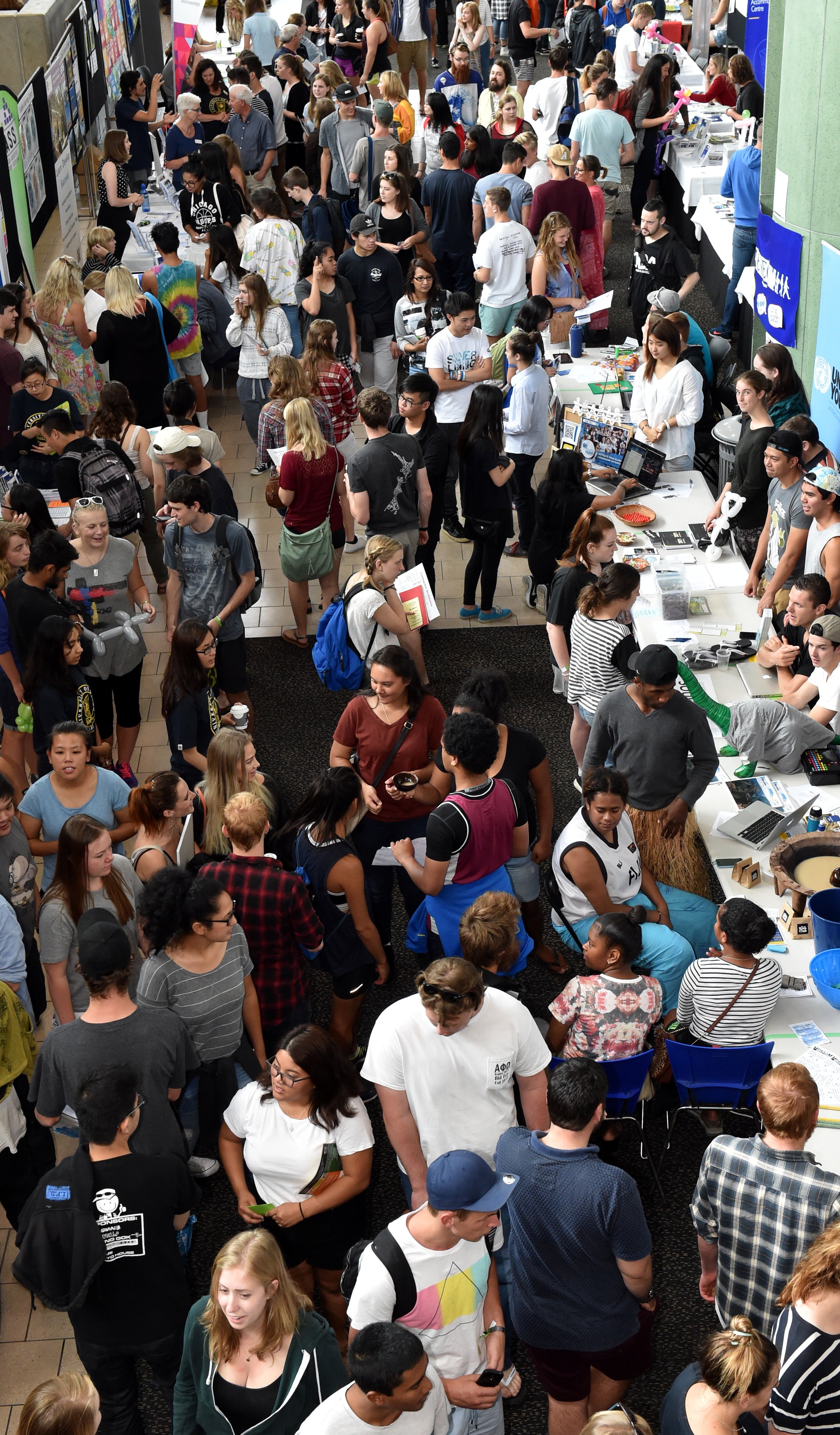
This whakataukī encapsulates one of the core truths of university life and life itself: the importance of human connection.
Being part of a group or community enriches one’s experience in ways far beyond academic success. Togetherness, not difference, is important in Aotearoa today, on Waitangi Day.
For most students, returning to university is a period of transition, leaving behind familiar groups — sports teams, choirs, volunteer groups — and finding oneself in a new city or country, often surrounded by strangers.
If I had decided to study elsewhere, I would have had to leave behind groups that have shaped my identity. The initial disconnect could make the university experience feel isolating, but it is also an opportunity to build, join and grow new communities.

When a gap is created, something else can flourish in the space. Being part of a group offers more than just friendship; it provides a feeling of support and shared purpose.
For those in residential colleges, that experience fosters camaraderie through collective activities, tutelage for larger papers and simply living, sleeping and eating under the same roof.
Halls, however, have the potential to be insular; with lectures being available online, some students might find little reason to leave their immediate surroundings.
The challenge lies in venturing out and beyond into the community. This can be an especially daunting idea for first-year students.
The Locals Collegiate Community is one such avenue for connection. Although membership is not available for those in halls, it mirrors the support offered by residential colleges for students living at home, flatting or boarding.
I spoke with Maya Pitcon (deputy head) and Masyn, a former member of the Locals, who described it as a safe, inclusive and welcoming environment. It provides a space to "chill" on campus and meet new people, often using shared meals and social events to connect people.
These groups also often offer a break from the pressures of university life, reminding students that university is as much about personal growth as it is about individual excellence.
It has been important for my university experience to have older students guide me during times of confusion, learning how to use the printing system or where to find a book in the library.
The clubs and societies at our university often cater to students of all ages and many assign tuakana-teina programmes.
Whether you join a cultural group to celebrate identity, a dance club to move and express yourself, or the Otago University Tramping Club to explore breathtaking scenery, there’s a space for everyone.
For those drawn to more adventurous pursuits, the Otago Student Spearfishing and Hunting Club provides a unique way to spend time outdoors, while the Otago Campus Christians offer a community of faith and friendship.
If gear seems like a barrier, which it can be for those whose worldly possessions are limited to what can fit in a suitcase or two, Unipol offers hiring services and loans out surfboards, rackets, tents, giant jenga and more. There truly is something for everyone.
In competitive fields of study, individual success can feel paramount. It is easy to become self-focused and protective of one’s achievements and time, but this often comes at the cost of connection.
In my own experience, I have felt the invisible wedges that competition can sometimes drive between students. But time and time again, I have seen these divisions easily overcome by friendship and mutual support.
The bonds created in study rooms and lectures last longer than the stress of exams.
But securing a study room for yourself and your friends is no small feat. Let me outline the process.
Students can only make one booking per day for up to three hours and can only book a room for the week in advance. This becomes a stressful and often overlooked task around exam time.
Communities are even formed in the library. People gravitate towards the same sections on the floors, so you become familiar with the faces in a study space.
Volunteer groups provide opportunities to give back and students unite to make tangible differences in the Dunedin community. There are too many students working around the city and beyond to name.
Welcoming and joining are wonderful skills to be fostered and encouraged. Service and giving back bear fruits, unlike those gained from a good mark.
A recent Facebook post from the Valley Project, reminding us that "a connected community is a safer community", resonated with me, echoing the ideas I have highlighted.
In the lead-up to O Week, where the noise can overshadow these positive contributions, it is important to appreciate the effort many students make to connect.
"What I wish more than anything is that we could have had just a little bit more time", a quote from Kazuo Ishiguro’s Never Let Me Go, echoes the sentiment many feel as university — or any chapter of life — ends.
— Dunedin resident Grace Togneri is a fourth-year law student. Her fortnightly column has replaced the Scarfie Yarn by Hugh Askerud.












